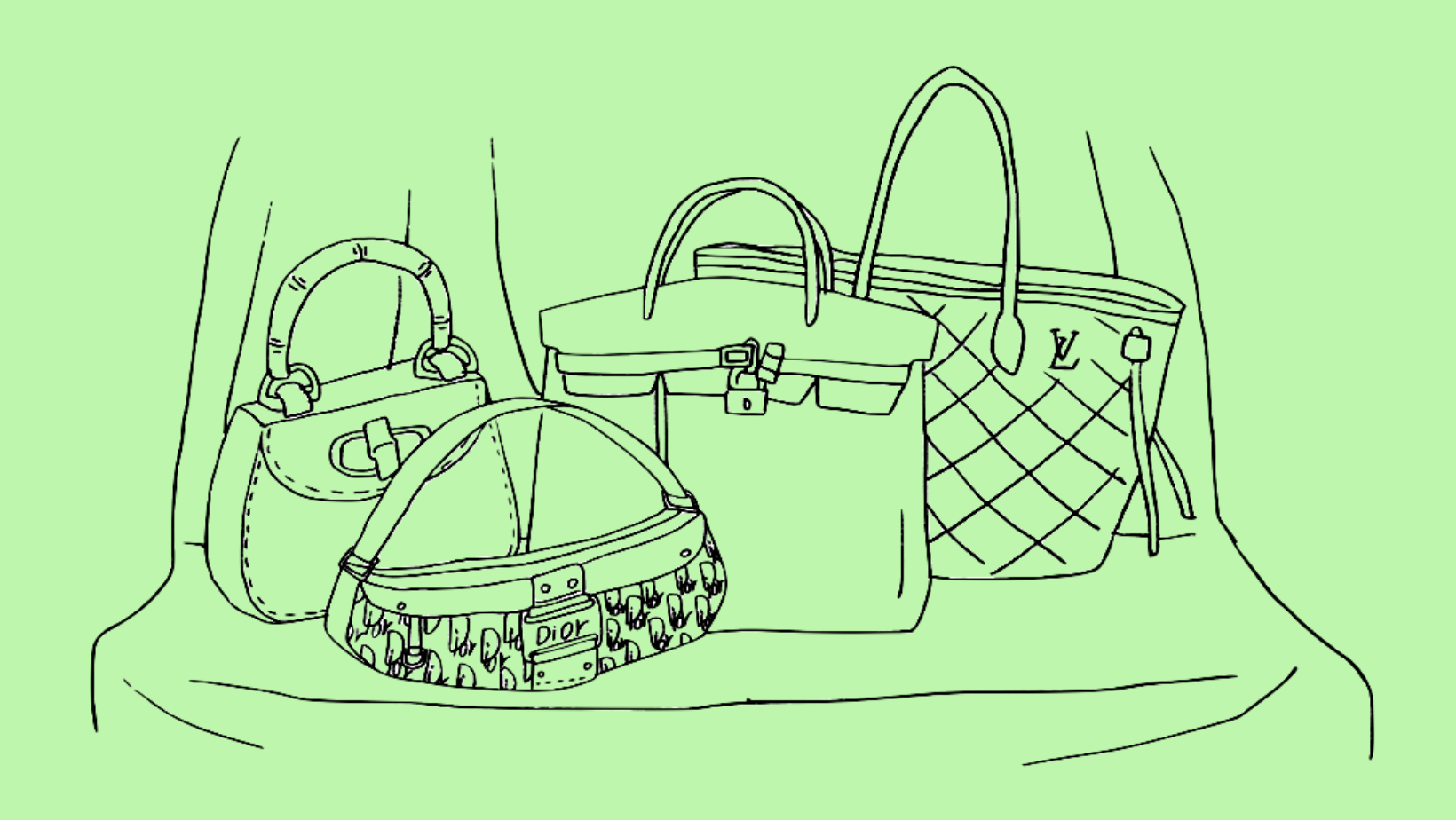


From cat toys to body wash, Chinese shoppers took full advantage of the Black Friday sales
As consumers in China unpack their bargains from a shopping splurge during Black Friday and Cyber Monday, we dug into insights gleaned from across the digital ecosystem to uncover key shopping trends that are on the rise.
What we found may surprise and spanned emerging trends from snacks for pampered pooches to a new wave of scalp-care products.
The annual shopping spree kicked off last Friday on Alibaba Group’s cross-border e-commerce platforms Tmall Global and Kaola, featuring deals from over 30,000 international brands.
More than 100 retailers also took part, including Australia’s Chemist Warehouse, German wholesaler Metro AG and Japanese drugstore chain Matsumoto Kiyoshi. Online luxury retailer Farfetch also joined the campaign on Tmall Global for the first time.
Sales festivals such as Black Friday and 11.11 have grown in importance this year in the world’s largest consumption market as Chinese consumers are still unable to shop overseas due to the coronavirus pandemic. They are turning in droves to e-commerce platforms instead.
We trawled through the data and insights gleaned during retail’s busiest season: Here is what we learned.



No. 5 The ‘Fur Baby’ Boom
China’s pet owners are increasingly seeing their furry friends as family members. This shift in behavior has given rise to a vibrant industry — everything from upscale pet foods and “smart litter boxes” to beauty products for cats and dogs.
In a September report, Goldman Sachs valued China’s pet-care market at US$30 billion as of 2020. It also forecasted a compound annual growth rate (CAGR) of 19% in pet-food spending until 2030.
The investment bank’s findings align with trends seen on Alibaba’s platforms this Black Friday. Joyhood’s Tmall Global store — a multi-line pet-food shop offering brands such as Orijen, Instinct and Solid Gold — saw its sales double from last year’s event as well as a 120% increase in visitor traffic. Austin, Texas-based Nulo saw sales double its store’s daily average. Customers joining Nulo’s loyalty program also increased by five times.
On Black Friday, sales of freeze-dried nibbles and other snacks for cats increased by 177% year-over-year on Tmall Global.



No. 4 Healthy Snacking
Young consumers are driving the rise of a new breed of health-and-wellness foods, from edible beauty products to gummy vitamins and personalized dietary-supplement kits.
Younger generations’ enthusiastic embrace of healthy snacking has allowed emerging brands to gain traction in a competitive market, such as U.S. direct-to-consumer company LemonBox, which tapped Tmall Global to customize special assortments of dietary supplements for Chinese consumers. During 11.11, sleep-aid drink brand Dream Water shot to the top of its category on the platform.
Australian health-supplement brand Youthit sold more than RMB7.1 million (US$1.11 million) during the shopping festival, tripling its sales from last year. Its Bilberry Complex that supports eye health was a hit, selling more than 70,000 bottles during the event.
More than 30 million consumers purchased healthy foods on Tmall Global last year, up 30% from the previous year, per data from the marketplace. According to iiMedia Research, health and wellness food sales in China increased by 12.4% year on year to over RMB250 billion last year and expected to reach RMB270 billion by the end of 2021.



No. 3 Haircare is the New Skincare
China is the second-largest market globally for the haircare industry after the United States. It will likely grow at a CAGR of 4.9% up to 2025, faster than the U.S. at 3.4%, according to market research company Euromonitor.
Chinese consumers are developing ever-more sophisticated haircare regimes, taking care of their hair as they would their skin — a trend that experts call “skinification.”
Inspired by this trend, global brands are producing higher-grade shampoos and conditioners, while more research dollars have poured into heightening the sensory experience of haircare, amping up aromas and creamy textures.
More and more people now pre-wash their hair before using shampoo and conditioners, meticulously followed by scalp treatments, oils, serums, colorants and styling products, according to a 2020 report by Tmall and big data firm CBNData.
During the first three days of 11.11, the gross merchandise value generated by hair-growth products ballooned 127.6% among Millennial and Gen Z shoppers year-on-year, per figures from Alibaba’s online marketplaces.



No. 2 Ingredient-based Beauty
China’s growing community of skincare ingredient enthusiasts, or “skintellectuals,” has opened up opportunities for emerging beauty brands that put an emphasis on effective, high-performance ingredients, such as Murad, Obagi, Kate Somerville and The Ordinary.
In a Tmall report published in August, 69% of respondents said efficacy was their top reason for buying facial serums, while 45% pointed to ingredients as the deciding factor behind their purchases.
Salicylic acid, alpha-hydroxy acid and mandelic acid were among the most searched for ingredients by consumers of imported beauty products in the year ending August, while products containing retinol raked in the most sales, the report said.



No. 1 Vintage in Vogue
The pandemic has given the resale of luxury items a lift, as homebound consumers declutter and embrace sustainability.
If this 11.11 shopping festival and Black Friday were any indications, the trend is continuing to pick up steam in China.
Tmall Global has seen a string of Japan’s best-known luxury resale retailers join the platform since last year, including Brand Off, Reclo, Daikokuya and Brandear.
More than 3 million consumers had browsed products from overseas luxury resale chains on the platform this 11.11. The majority of pre-loved luxury shoppers were middle-class women and Gen Z consumers, Tmall Global data showed.
This Black Friday, Daikokuya tapped livestreaming technology to showcase its products and their details directly from its physical stores in Japanese cities: Osaka, Shibuya and Shinjuku. Tmall Global also produced a livestream show taking consumers on a virtual shopping tour to Brand Off stores in Japan.





